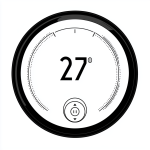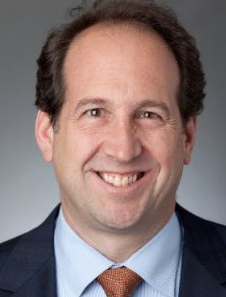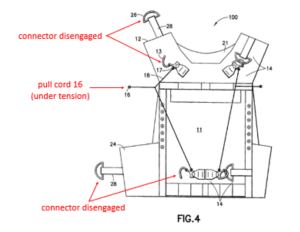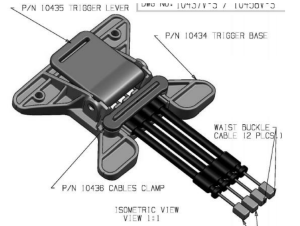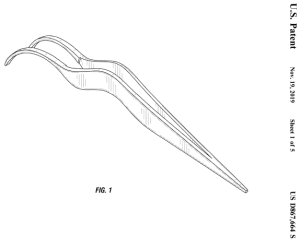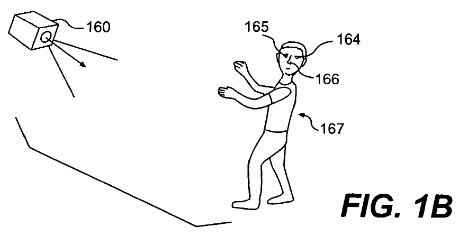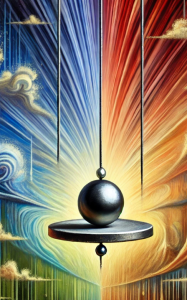By Dennis Crouch
The Federal Circuit has affirmed the denial of a preliminary injunction against Amgen's biosimilar version of Regeneron's blockbuster drug EYLEA (aflibercept). Regeneron Pharms., Inc. v. Mylan Pharms. Inc., No. 2024-2351 (Fed. Cir. Mar. 14, 2025) (Lourie, J.). This latest ruling stands in contrast to the court's January 2025 decisions upholding preliminary injunctions against Samsung Bioepis and Formycon, effectively blocking their biosimilar launches. All three cases are part of consolidated multi-district litigation in the Northern District of West Virginia.
Each appeal involves the same U.S. Patent No. 11,084,865, which covers formulations of Regeneron's aflibercept, an ophthalmic drug used to treat angiogenic eye disorders by inhibiting vascular endothelial growth factor (VEGF). EYLEA generates approximately $6 billion in annual sales, making the stakes exceptionally high for Regeneron, the biosimilar manufacturers, and patients as well.
The critical distinction in Amgen's case is its distinctive formulation approach. While Samsung Bioepis and Formycon developed biosimilars that, like EYLEA, contain a separate buffer component, Amgen developed a "self-buffering" formulation where the aflibercept protein itself provides sufficient buffering capacity to stabilize the formulation without requiring a separate buffer.
To continue reading, become a Patently-O member. Already a member? Simply log in to access the full post.
